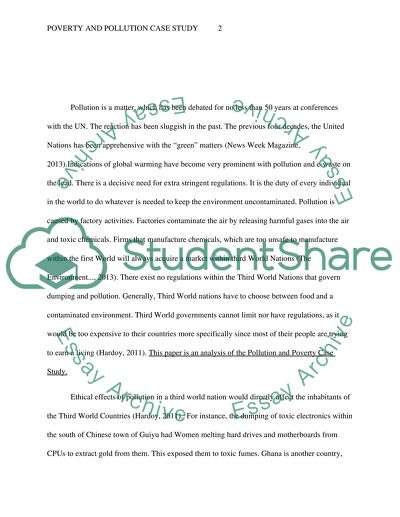Cite this document
(The Pollution of the Natural Environment Case Study, n.d.)
The Pollution of the Natural Environment Case Study. Retrieved from https://studentshare.org/environmental-studies/1469161-poverty-and-pollution-case-study
The Pollution of the Natural Environment Case Study. Retrieved from https://studentshare.org/environmental-studies/1469161-poverty-and-pollution-case-study
(The Pollution of the Natural Environment Case Study)
The Pollution of the Natural Environment Case Study. https://studentshare.org/environmental-studies/1469161-poverty-and-pollution-case-study.
The Pollution of the Natural Environment Case Study. https://studentshare.org/environmental-studies/1469161-poverty-and-pollution-case-study.
“The Pollution of the Natural Environment Case Study”, n.d. https://studentshare.org/environmental-studies/1469161-poverty-and-pollution-case-study.


